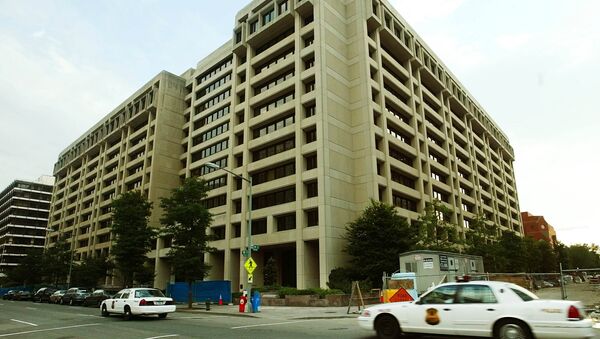"Euro area GDP is expected to accelerate from 1.5 percent this year to 1.7 percent next year," the IMF Executive Board said following consultations with eurozone nations.
The forecast is attributed to factors including chronic lack of demand, imbalance in the corporate and banking sectors, as well as low productivity inhibiting the growth of employment and investment.
The IMF warns that eurozone growth prospects are below what is needed to reduce unemployment to acceptable levels, opening the region's economy to negative shocks and extended low growth.
To address weak medium-term outlook, the Washington-based financial institution recommended a comprehensive policy response.
"Cleaning up bank balance sheets would encourage banks to lend and firms to invest, while accelerating structural reforms and strengthening further the economic governance framework would help secure lasting growth for Europe," the IMF concluded.
The IMF said eurozone inflation would this year be next to zero, rise to 1.1 next year, and then accelerate to 1.7 in the medium term.
The IMF estimates that euro area inflation will remain below the European Central Bank benchmark of around 2 percent a year.
"The improving sentiment, rising inflation expectations, and easing credit conditions suggest that the recovery is likely to continue in the near term," the IMF stressed.
It cited balanced low oil prices, quantitative easing and a weaker euro as risks to growth that "could bring larger-than-anticipated benefits."





